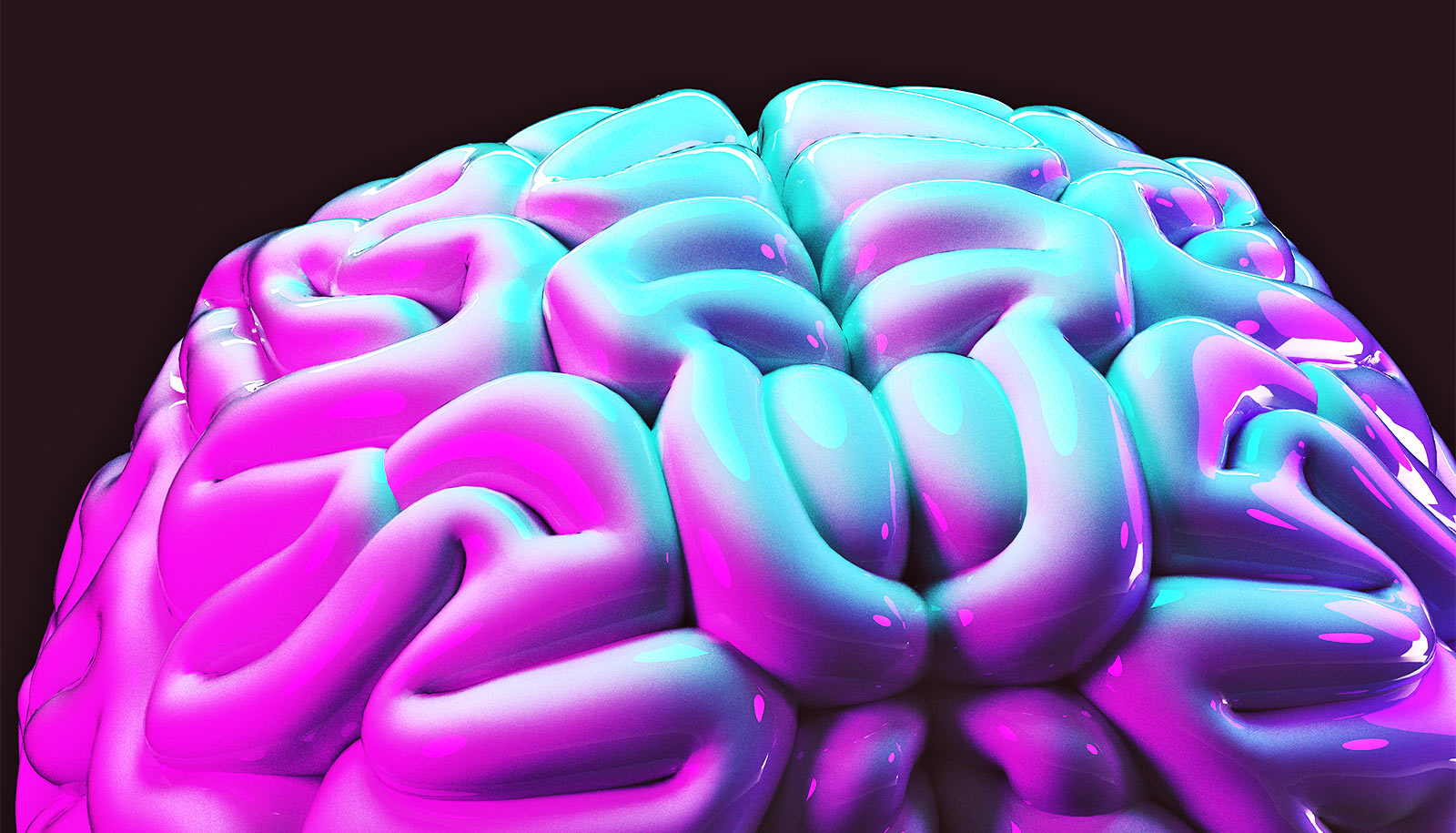A particular type of carbohydrate plays an important role in regulating the blood pressure in the human body, according to new research in rats.
The researchers believe that the finding may have the potential to improve medications for high blood pressure.
Both hypertension and hypotension can have adverse health consequences and lead to cardiovascular diseases and syncope, respectively.
“It may be a really good bet for a modern way to treat hypertension without side effects…”
In the study, the researchers found a particular form of carbohydrate or sugar on a peptide hormone in humans. In addition, in tests with rats the research team found that the peptide hormone with that particular form of sugar affects the regulation of the blood pressure. They hope that in the long term, their results can be used to develop better medications for hypertension.
“It may be a really good bet for a modern way to treat hypertension without side effects, such as syncope. It has long been known that this peptide hormone is extremely important for the blood pressure, but so far it has not been possible to use it in the treatment,” says Jens Peter Gøtze, a professor in the clinical biochemistry at Rigshospitalet.
The cells of the body use sugar to decorate proteins—a process also called glycosylation—in order to control the function and stability of the proteins. In the study, the researchers show how a particular type of sugar attach to a peptide hormone called atrial natriuretic peptide (ANP). The heart secretes this peptide hormone, which is important for regulation of the blood pressure and the fluid balance in the body.
“We can see that when that particular sugar is located on the peptide hormone, it regulates the fluid balance and blood pressure differently than if the sugar is not located there. In our animal models, we could see that the peptide hormone with and without sugar behaves differently. It gives us an insight into a new mechanism for regulation of these important physiological processes in the body,” says Katrine Schjoldager, an assistant professor at the Copenhagen Center for Glycomics at the University of Copenhagen.
The next step for the researchers will now be in-depth studies of the function of that particular sugar and studies as to how the heart regulates the attachment of the sugar. At the same time, the researchers wish to investigate the function in humans to find out whether the phenomenon is more prevalent in some patient groups than in others, such as patients with heart failure.
The new research appears in the Journal of Biological Chemistry.
Support for the study came from the Novo Nordisk Foundation, the Lundbeck Foundation, Rigshospitalet’s Research Strategic Council, the Independent Research Fund Denmark, the Danish National Research Foundation, and the Danish Biotechnology Center for Cellular Communication.
The University of Copenhagen has—together with Rigshospitalet—submitted a patent application based on the new study. Together with four colleagues, study coauthors Schjoldager, Lasse Holst Hansen, and Gøtze are co-inventors in the application.
Source: University of Copenhagen



